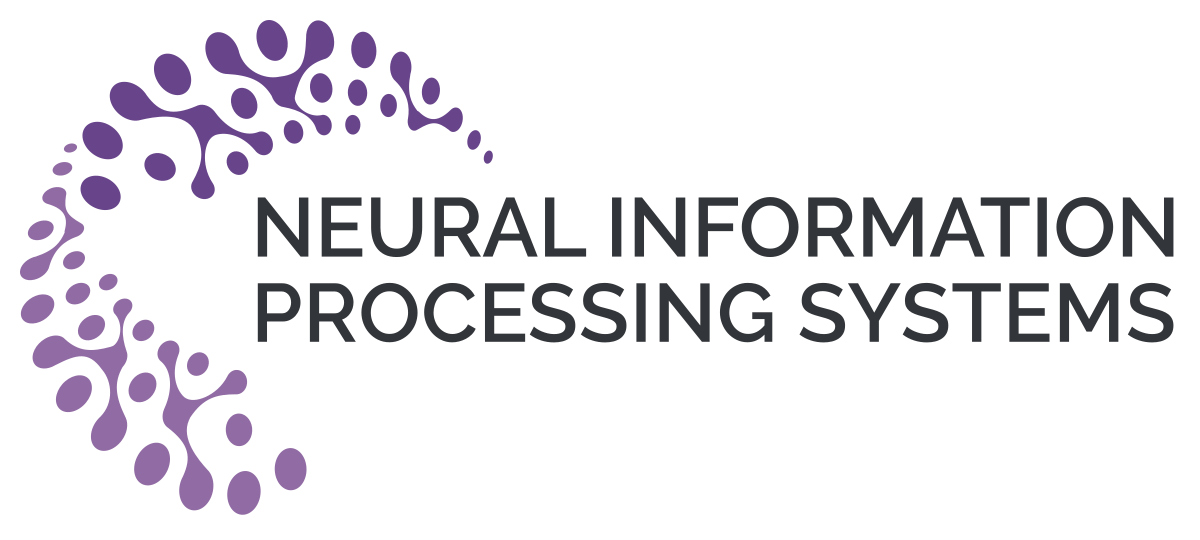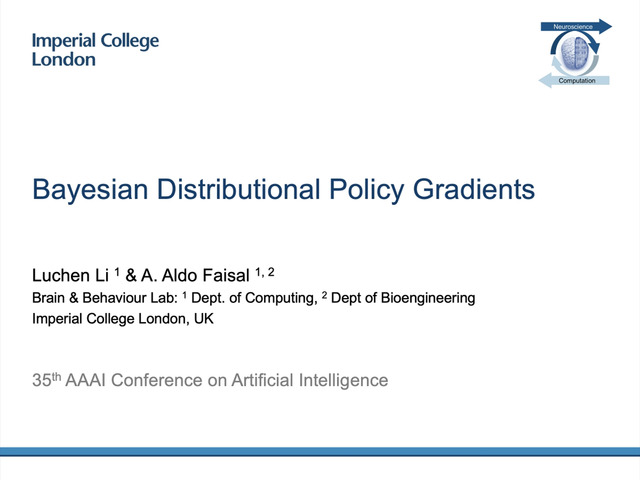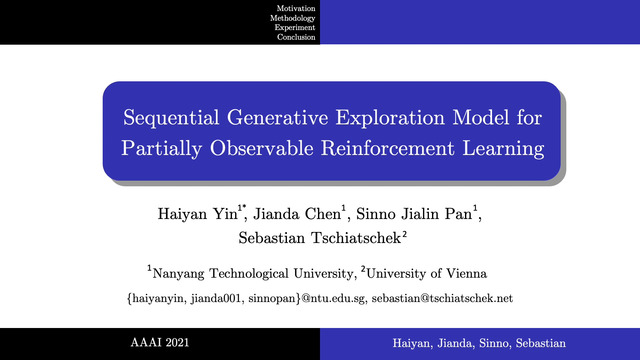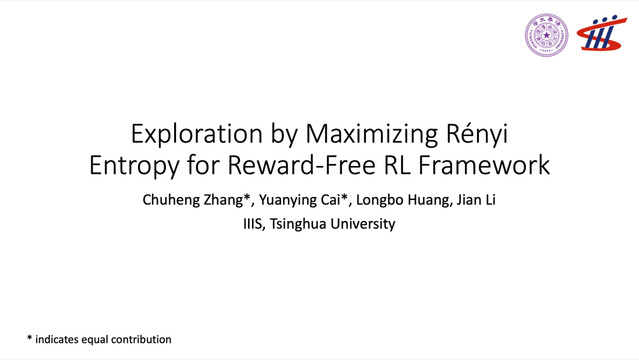Abstract:
Reward decomposition, which aims to decompose the full reward into multiple sub-rewards, has been proven beneficial for improving sample efficiency in reinforcement learning. Existing works on discovering reward decomposition are mostly policy dependent, which constrains diverse or disentangled behavior between different policies induced by different sub-rewards. In this work, we propose a set of novel reward decomposition principles by constraining uniqueness and compactness of different state features/representations relevant to different sub-rewards. Our principles encourage sub-rewards with minimal relevant features, while maintaining the uniqueness of each sub-reward. We derive a deep learning algorithm based on our principle, and term our method as RD$^2$, since we learn reward decomposition and representation decomposition jointly. RD$^2$ is evaluated on a toy case, where we have the true reward structure, and some Atari environments where reward structure exists but is unknown to the agent to demonstrate the effectiveness of RD$^2$ against existing reward decomposition methods.









































